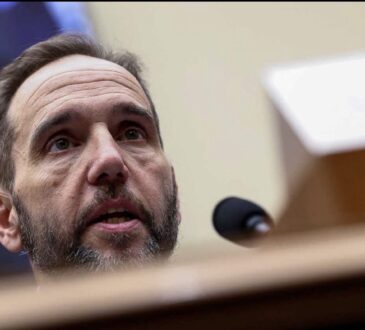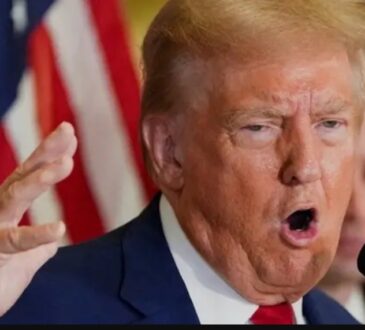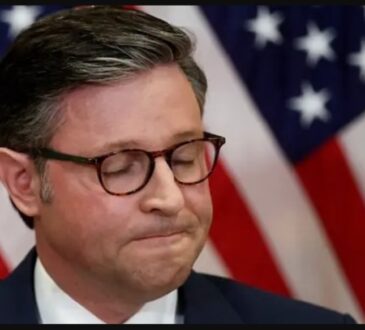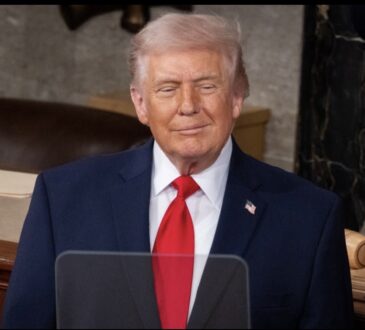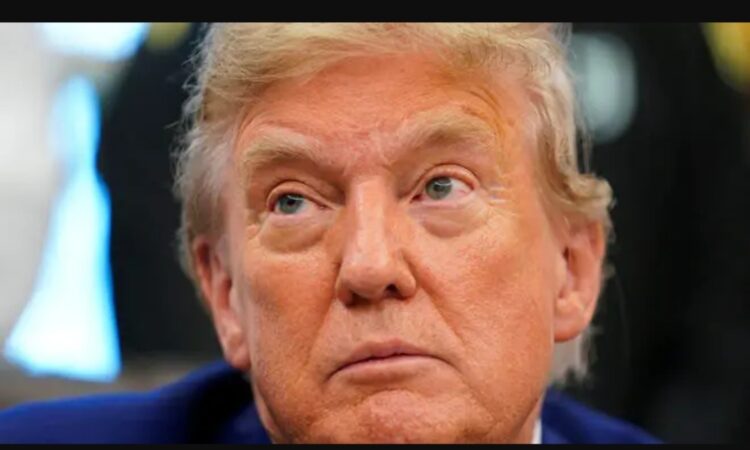
After losing the 2020 presidential election to Joe Biden, Donald Trump refused to accept the outcome. He claimed the election was stolen from him through widespread voter fraud. But when these claims were brought to court, they didn’t hold up. Dozens of judges across the country, including some appointed by Trump himself, looked at the evidence and ruled against him.
Trump and his legal team filed many lawsuits—64 in total in key battleground states—but they lost all except one, and that one didn’t affect the outcome of the election. The courts consistently found that there was no convincing proof to support the idea that fraud had occurred on a large enough scale to change the results.
Independent investigations were also conducted outside of the courtroom. These included bipartisan reviews, audits, and a detailed report put together in 2022 by eight conservative legal experts. The report was titled *Lost, Not Stolen*, and it examined all 64 cases across six swing states: Arizona, Georgia, Michigan, Nevada, Pennsylvania, and Wisconsin. The authors found that Trump’s legal arguments were weak and that there was no meaningful evidence of fraud that could have changed the result in any of those states. These were not political enemies of Trump—they were conservative lawyers, some of whom had supported him in the past.
Even high-ranking officials in Trump’s own administration spoke out against his fraud claims. One of the most notable was his Attorney General, William Barr, who publicly stated in early December 2020 that the Department of Justice had not found any fraud significant enough to affect the outcome of the election. Coming from such a close ally, this was a major blow to Trump’s narrative.
Despite all of this, Trump kept repeating the same claims. He refused to back down and instead shifted his focus to Congress, trying to pressure lawmakers to reject the official results.
This push came to a head on January 6, 2021, when a violent mob of his supporters, stirred up by his speeches and social media posts, stormed the U.S. Capitol. Their goal was to stop the certification of Joe Biden’s electoral win. It was one of the darkest days in recent American history, resulting in deaths, injuries, and a deep scar on the democratic process.
Because of his role in encouraging the events that led to the Capitol attack, Trump was impeached for a second time. He became the first president in U.S. history to be impeached twice. The House of Representatives charged him with inciting an insurrection. However, the Senate later acquitted him, so he was not removed from office. Beyond impeachment, Trump was also investigated and indicted by a federal grand jury for his conduct after the 2020 election. These legal proceedings were led by Special Counsel Jack Smith.
Years later, even after being indicted and facing intense scrutiny, Trump still insisted the 2020 election had been rigged. On June 20, 2025, he once again used social media to say the election was a “total FRAUD” and that President Biden was “grossly incompetent.” He demanded that a special prosecutor be appointed to investigate his long-debunked claims. By that time, the political landscape had shifted again, and after Trump won another election, Special Counsel Jack Smith asked the court to drop the January 6-related charges. A judge agreed, and those charges were dismissed.
Even now, long after the 2020 election, Trump continues to focus on the false idea that the election was stolen from him. It remains a central part of his political message and influences how many of his supporters view elections and the democratic process. Despite mountains of evidence to the contrary, Trump has never admitted he lost fairly, and this refusal has had lasting effects on American politics and public trust in the electoral system.

